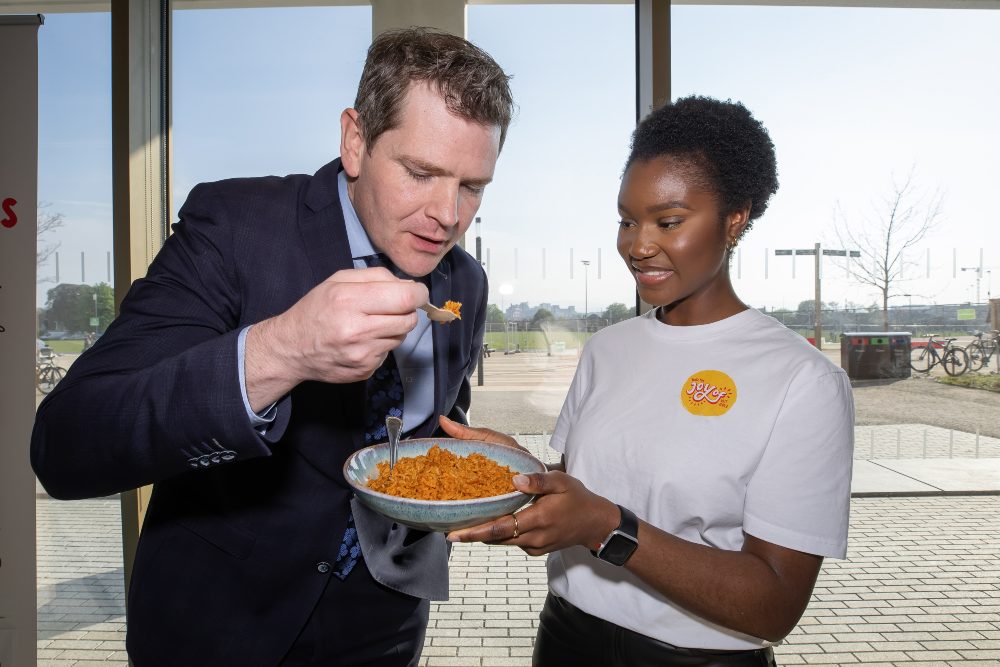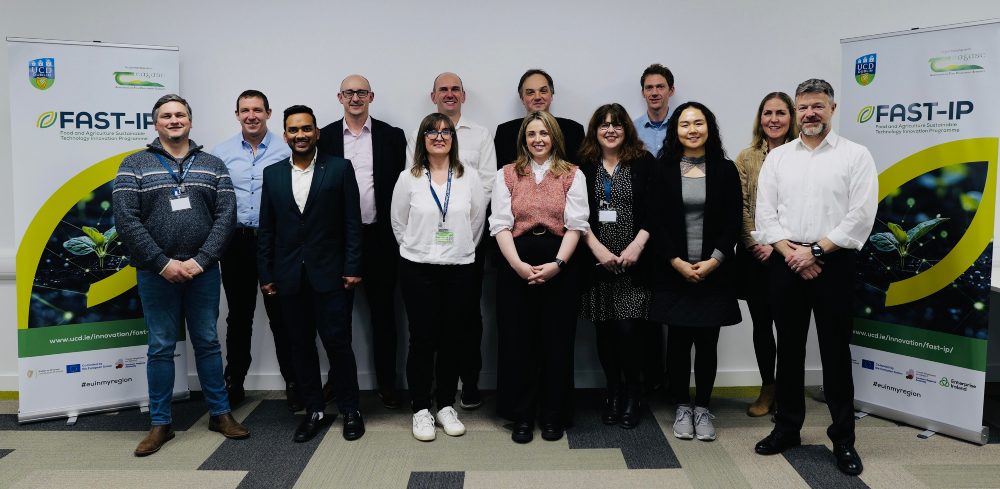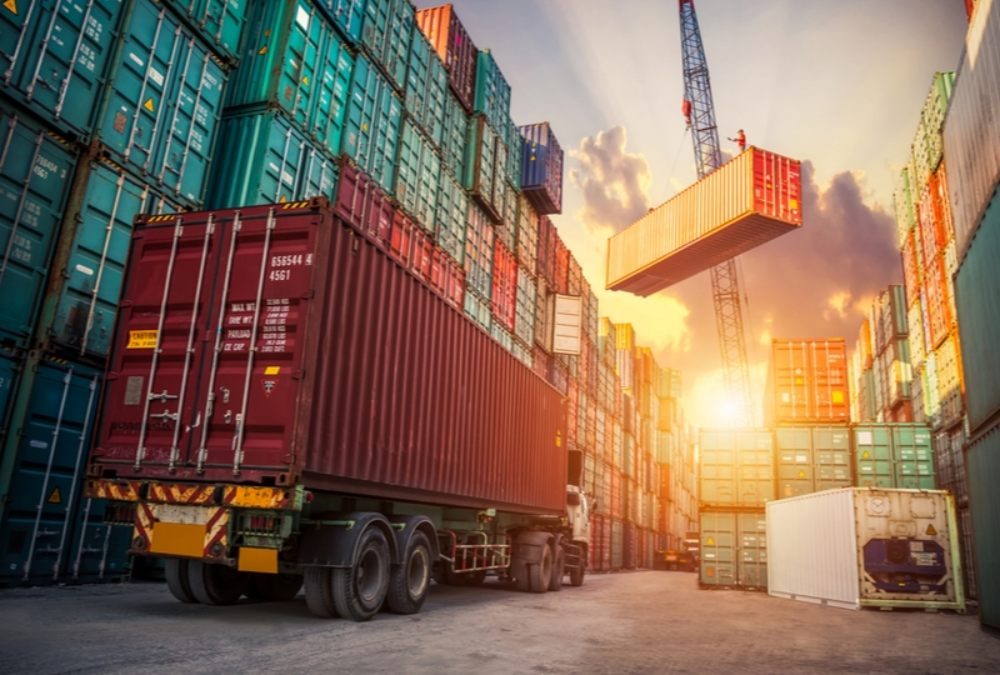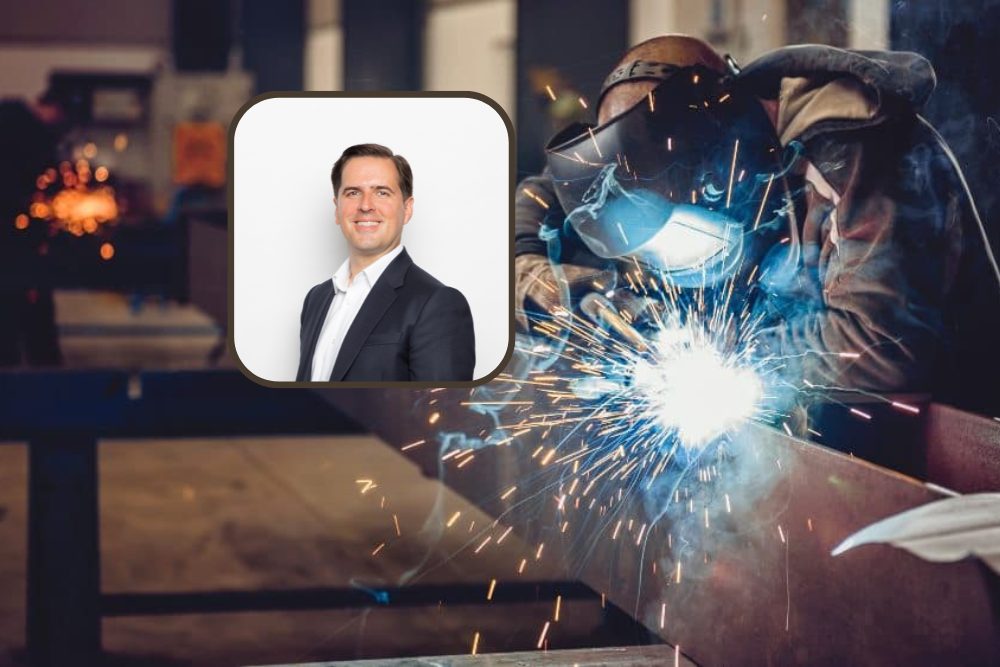Irish organisation Proudly Made in Africa believes the quickest way to end African poverty is to support African businesses to create jobs.
In recent weeks Irish events business What The Hack held a joint online hackathon with Proudly Made in Africa (PMIA) to highlight to Irish students the opportunities that could be gained by doing business with African companies.
ThinkBusiness caught up with Vikki Brennan from PMIA and the What the Hack team of Sophie Benoit and Caitlin Hafer to discuss the possibilities and delve into the opportunities.
“Success for us looks like a developed manufacturing sector on the continent of Africa”
Tell me about the initiative to create jobs in Africa through buying retail-ready African products and what products are currently available to buy?

Vikki Brennan (VB): Proudly Made in Africa started life in 2008 as a charity called Value Added in Africa. We were named that because we focused on value-added trade. When more value gets added to a raw commodity at source, more wealth is created at source through both the increased price that the finished products command and through the extra jobs that are created to sustain the industry involved in creating a packaged, processed, retail-ready goods.
So Proudly Made in Africa focuses on retail-ready goods, all made on the African continent because we want to see African people thriving from the manufacture of their abundant natural resources. We think the quickest way to end African poverty is to support African businesses to create African jobs for African people.
A list of the products we work with and where they are available to buy can be found on our website here: www.proudlymadeinafrica.org/food
And we will be launching our own online shop, www.proudlymadeinafrica.org, just in time for Christmas shopping!
What impact do you envisage a successful campaign could have in creating jobs in Africa?
VB: Success for us looks like a developed manufacturing sector on the continent of Africa, African countries trading with each other and the rest of the world effortlessly and an end to the need for development interventions. Success for us is African communities thriving, trading on equal terms with the rest of the world and African people being able to earn a sustainable income.
What is the economic opportunity and can you sum up the challenges?
VB: The opportunities are huge – abundant natural resources, high quality production, educated workforces, English-speaking in a lot of countries, short transparent supply chains and to top it all off, the potential for businesses to have a huge positive social impact.
Challenges include the usual pains of being early adopters and new market entry. Logistics across the continent can be expensive but with massive investment going into roads, rail infrastructure and sealines, this is becoming less and less of an issue.
Africa is undergoing a period of rapid development in this area.
In our opinion, the benefits of trade with Africa hugely outweigh the risks of starting business in and with the region.
Tell us about the recent hackathon and its goals?
What The Hack: The goal is for the teams to research on the barriers that are keeping young, educated Africans in low paying, unstructured jobs and proposing solutions to capture the value of this, one of Africa’s most valuable resources.
Participants can create any kind of business and organisation that will need added value and that would employ people in African countries.
How easy is it to run a hackathon virtually during these Covid times?
What The Hack: There are pros and cons in running online events. It might be harder to engage with attendees and create a feeling of community. But we can do events that are reaching more people which makes the experience way more diverse and the projects very interesting!
By John Kennedy (john.kennedy3@boi.com)
Published: 1 December, 2020












